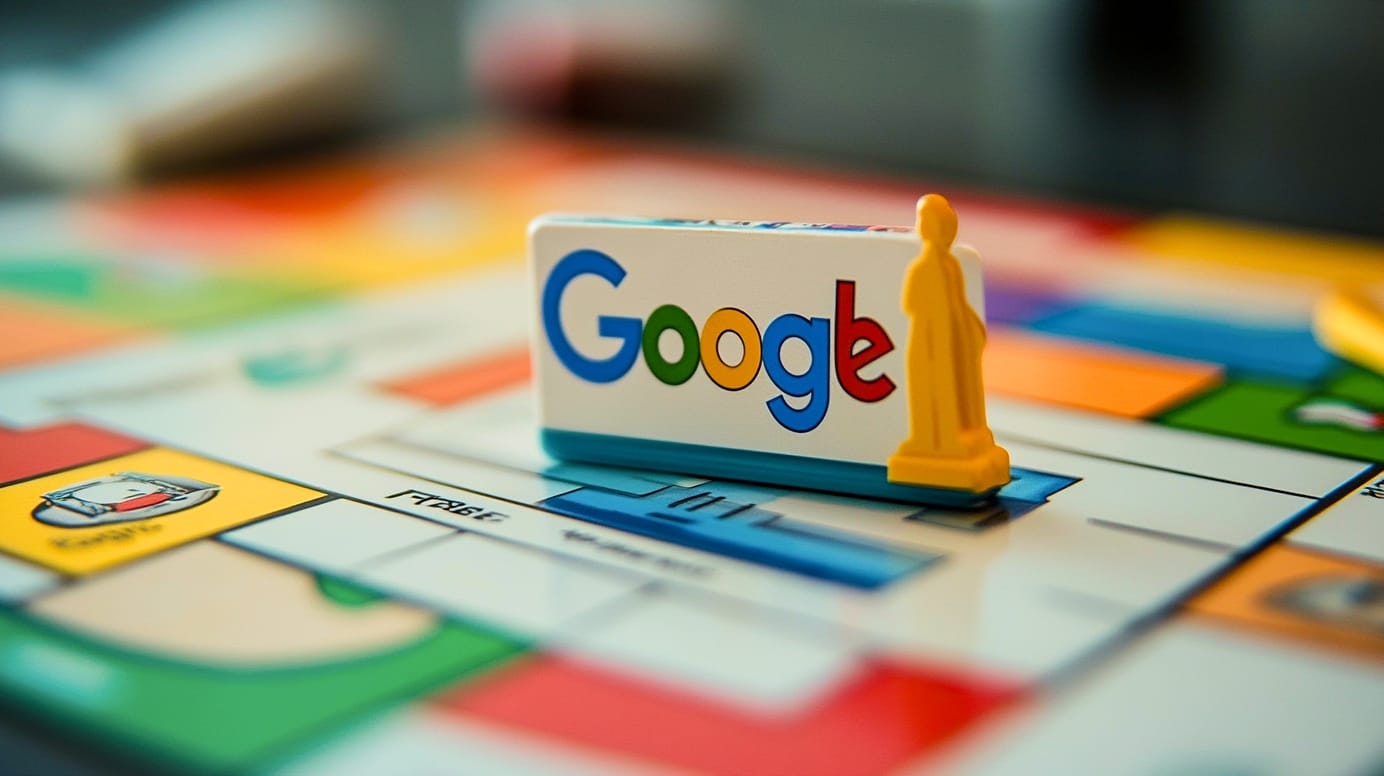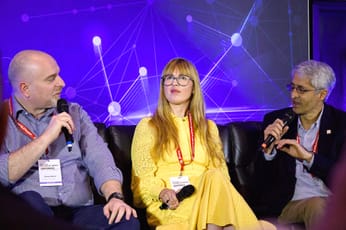LeWeb: Google's Marissa Mayer gets local

It’s the now annual Arrington/Mayer chat. Whoohoo. She tries to say nothing, Mike tries to make her say something.
Of course, there’s a context shift this year. Mayer has changed jobs at Google. They’re talking about her new role – her shift from a focus on search to location-based services. They’re experimenting with local context in search, but it’s not something they’ve integrated into a product so far.
In essence, she suggests, they’re trying to build a virtual mirror of the world at all times. The have their planes flying, the cars driving…
Contextual discovery: if you can look at what people have been looking it through their web browser, you can start delivering relevant suggestions to them. On a mobile phone, you’re looking at physical movements, rather than web browsing. This is the predictive suggestions that Schmit has taked about, by the sound of it.
Arrington challenges her over Latitude, which is perceived as an also-ran in the location space (and points out that she’s an avid Foursquare user). She, without acknowledging his point, does suggest that there’s more work needed – and that there might be a place for it, given that there’s probably a small set of your friends and family whom you might be happy to let know where you are all the time. And is it coming to iPhone? She’d like to see it there.
Interesting that she thinks that there are four key platforms on the web: search, video, social and mobile. And she thinks Google has got three of those right. They’re clearly still working on social. And no, she won’t confirm the Google social platform.
And now we’re into a plug/demo of the Nexus S and the new version of Android (Gingerbread), with a guy in an amazingly shiny suit. I’ll leave that to the gadget bloggers…

OK – the vector based mapping is rather cool. The 3D panoramas of the cities is very impressive. Vector maps makes the data set smaller so it can be pulled down (or stored offline) more quickly than the older tile-based mapping. Based on the audience reaction, they could get another 5% market share from that.
Oh, and they gave away (under heavy pressure from Arrington) an Nexus S to a guy who said he’d hand in his iPhone for it. Arrington then went on to pressure her about the role of Chrome OS versus Android – which is going to be the tablet one? She suggested that Google hasn’t yet defined clearly exactly what each of the two OSes will do. Broadly, Andriod is phones and tablets and ChromeOS is notebooks – but it’s early days still.
Sign up for e-mail updates
Join the newsletter to receive the latest posts in your inbox.










